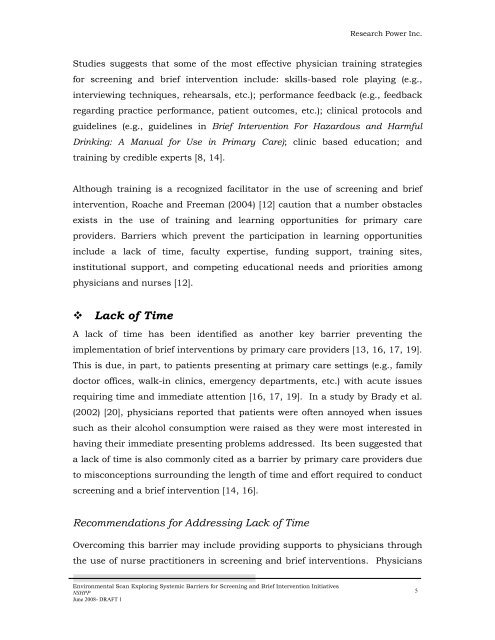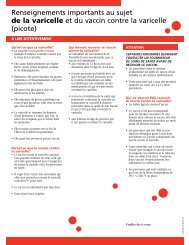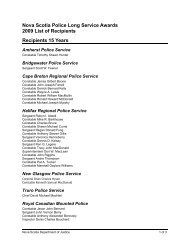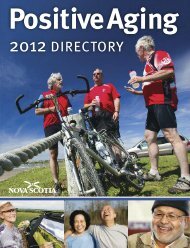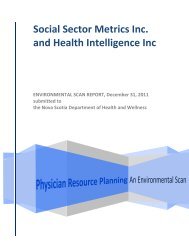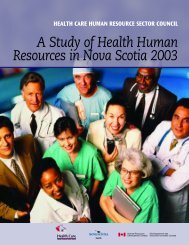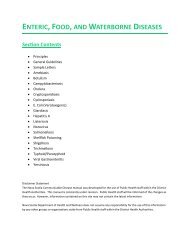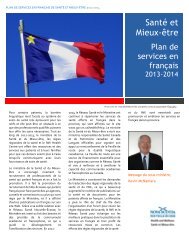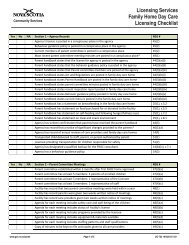Environmental Scan Exploring Systemic Barriers for Screening and ...
Environmental Scan Exploring Systemic Barriers for Screening and ...
Environmental Scan Exploring Systemic Barriers for Screening and ...
You also want an ePaper? Increase the reach of your titles
YUMPU automatically turns print PDFs into web optimized ePapers that Google loves.
Research Power Inc.Studies suggests that some of the most effective physician training strategies<strong>for</strong> screening <strong>and</strong> brief intervention include: skills-based role playing (e.g.,interviewing techniques, rehearsals, etc.); per<strong>for</strong>mance feedback (e.g., feedbackregarding practice per<strong>for</strong>mance, patient outcomes, etc.); clinical protocols <strong>and</strong>guidelines (e.g., guidelines in Brief Intervention For Hazardous <strong>and</strong> HarmfulDrinking: A Manual <strong>for</strong> Use in Primary Care); clinic based education; <strong>and</strong>training by credible experts [8, 14].Although training is a recognized facilitator in the use of screening <strong>and</strong> briefintervention, Roache <strong>and</strong> Freeman (2004) [12] caution that a number obstaclesexists in the use of training <strong>and</strong> learning opportunities <strong>for</strong> primary careproviders. <strong>Barriers</strong> which prevent the participation in learning opportunitiesinclude a lack of time, faculty expertise, funding support, training sites,institutional support, <strong>and</strong> competing educational needs <strong>and</strong> priorities amongphysicians <strong>and</strong> nurses [12]. Lack of TimeA lack of time has been identified as another key barrier preventing theimplementation of brief interventions by primary care providers [13, 16, 17, 19].This is due, in part, to patients presenting at primary care settings (e.g., familydoctor offices, walk-in clinics, emergency departments, etc.) with acute issuesrequiring time <strong>and</strong> immediate attention [16, 17, 19]. In a study by Brady et al.(2002) [20], physicians reported that patients were often annoyed when issuessuch as their alcohol consumption were raised as they were most interested inhaving their immediate presenting problems addressed. Its been suggested thata lack of time is also commonly cited as a barrier by primary care providers dueto misconceptions surrounding the length of time <strong>and</strong> ef<strong>for</strong>t required to conductscreening <strong>and</strong> a brief intervention [14, 16].Recommendations <strong>for</strong> Addressing Lack of TimeOvercoming this barrier may include providing supports to physicians throughthe use of nurse practitioners in screening <strong>and</strong> brief interventions. Physicians<strong>Environmental</strong> <strong>Scan</strong> <strong>Exploring</strong> <strong>Systemic</strong> <strong>Barriers</strong> <strong>for</strong> <strong>Screening</strong> <strong>and</strong> Brief Intervention InitiativesNSHPPJune 2008- DRAFT 15


